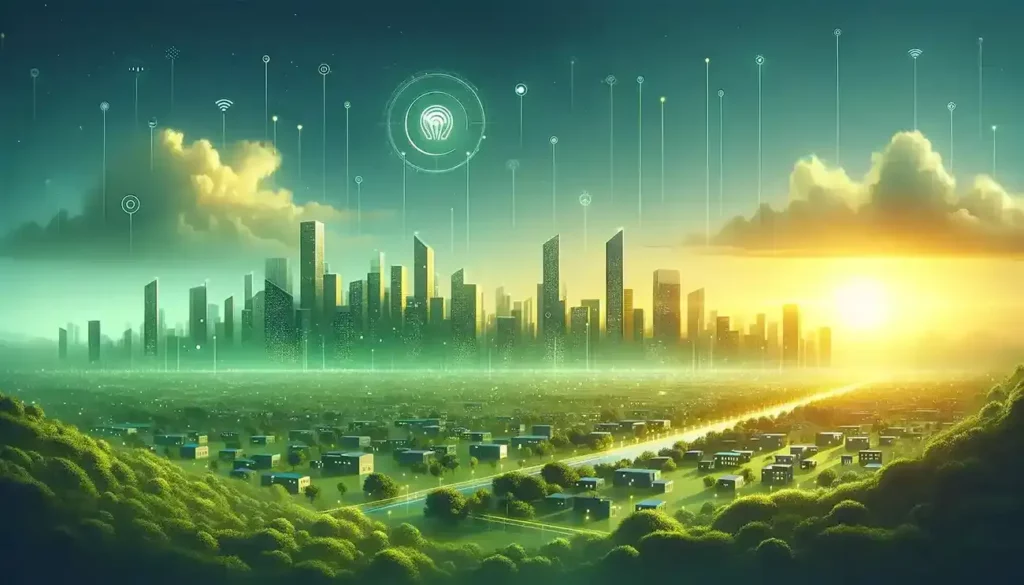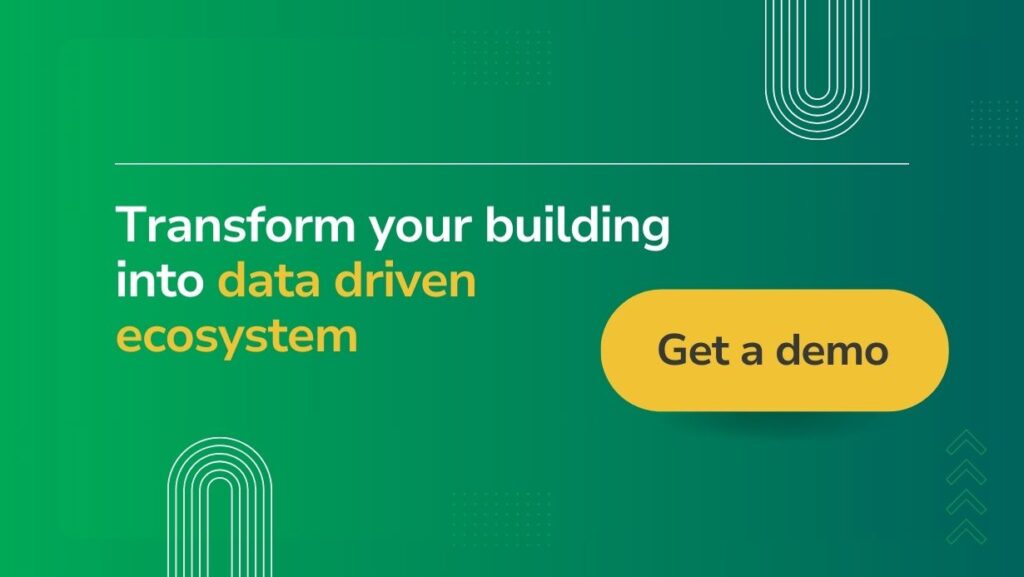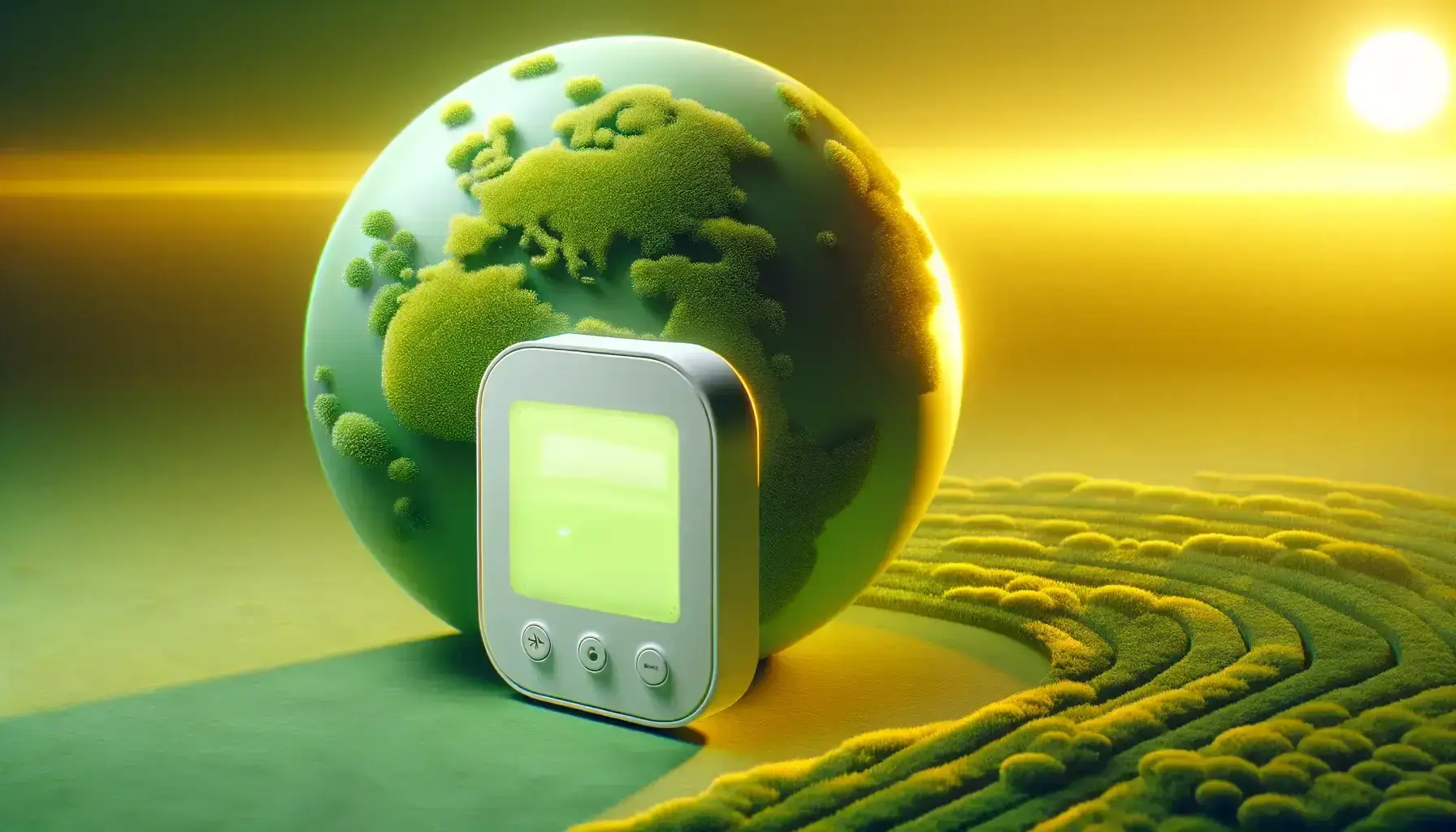The Internet of Things (IoT) has revolutionized the way we connect and automate devices, making things possible that were once unimaginable. Nowadays, the potential of IoT goes beyond just enhancing our daily lives. One of the most exciting possibilities of this emerging technology is its application to address some of the most pressing environmental issues, thus forming the core of IoT & Sustainability initiatives. By leveraging IoT to foster sustainability, we can regulate power usage, revolutionize agriculture, and contribute significantly to building a greener world.

1.Boosting Energy Management with IoT Sustainability
Smart meters and sensors help people and organizations track the amount of energy being used at any time. Therefore, it is easier to maintain a strategy that continues to reduce energy use. This leads to reduced energy bills and operates towards achieving a healthier environment.
Similarly, organizations benefit from the reduction by producing less waste, meeting set environmental standards, and working towards social responsibility. The analysis shows the entity’s dedication to sustainable processes and procedures.
2.Enhancing Agricultural Practices through IoT Sustainability
Precision farming is changing the traditional standards of agriculture with the help of IoT, and it is not just about efficiency. Armed with real-time data on essential environmental conditions, farmers can work smarter to achieve increased production and conduct minimum harm to the earth.
Moreover, the benefits of IoT in agriculture apply not only to farmers’ fields but also to the business end. This culture entails a more accurate and data-oriented farming approach and streamlines operational reliability. Technologies like robotics and drones offer an introduction to a universe where agricultural methods become automated and optimized to their most basic form.
3.Advancing Waste Management via IoT Sustainability
The transformation in waste management through IoT sustainability showcases how technology can lead to tangible environmental benefits. By making waste collection more efficient and enhancing recycling, we’re not just cutting down costs but also addressing one of the critical challenges of our times—resource conservation.
Additionally, the integration of IoT technologies into waste management systems paves the way for smarter resource allocation and real-time monitoring of waste streams. This not only optimizes the logistics of waste collection but also significantly contributes to the development of a circular economy, where every piece of waste is seen as a resource rather than refuse.
4.Smart Cities: A Testament to IoT Sustainability
IoT technologies can promote sustainability in smart cities. This includes reducing traffic congestion, optimizing energy usage, and improving water conservation efforts. A pivotal aspect of this transformation is the role of connected data, where open data policies redefine the landscape of digital cities. Sharing and analyzing real-time contextual information across multiple sectors becomes the backbone of smart city operations, enabling informed decisions that drive sustainability.
This collaborative approach, where data management and accessibility are central, underscores the importance of interconnected data ecosystems in achieving the goals of IoT sustainability in urban environments.
5.Monitoring Environmental Compliance through IoT Sustainability
Companies can use IoT to improve their environmental, social, and governance (ESG) aspects with the help of IoT. Using automation and mobile connectivity from IoT-optimized devices, companies can recycle better, be more energy efficient, and reduce greenhouse gas emissions. Companies use IoT’s ESG’s focus, which offers the ESG data that makes a significant difference for large companies. Businesses can better control and manage their environmental impacts, social responsibility, and governance criteria with IoT more precisely and faithfully.
This means that data analytics allows large institutions to reduce the resources required to comply with ESG regulations, meet sustainability targets, and perform better by conserving resources than they would otherwise use. That way, the company demonstrates its commitment to sustainable practices to encourage larger organizations to maintain ESG requirements.
6.The Bright Future of Renewable Energy with IoT Sustainability
Having IoT technology in the renewable energy sphere means that we can monitor and manage the operation of our renewable assets, such as wind turbines, solar panels, or energy storage systems. We achieve it through collecting and processing of the real-time performance data, which enables us to preemptively identify and eliminate any possible compliance issues and causes of failure, decrease of downtimes and operation and maintenance costs.
As a result, it increases the overall efficiency of the performance, as well as reliability and life-term of the technologies, and it paves the way for the realization of the dream about the “supergrid” run by an operation powered solely by clean, renewable energy.

IoT’s Role in Shaping a Sustainable World
The Internet of Things (IoT) is a crucial part of the technological development that is paving the way for a sustainable future.
By integrating with energy management, agriculture, waste management, smart cities, environmental compliance and renewable energy, IoT is having a deep impact on the health of our planet.



